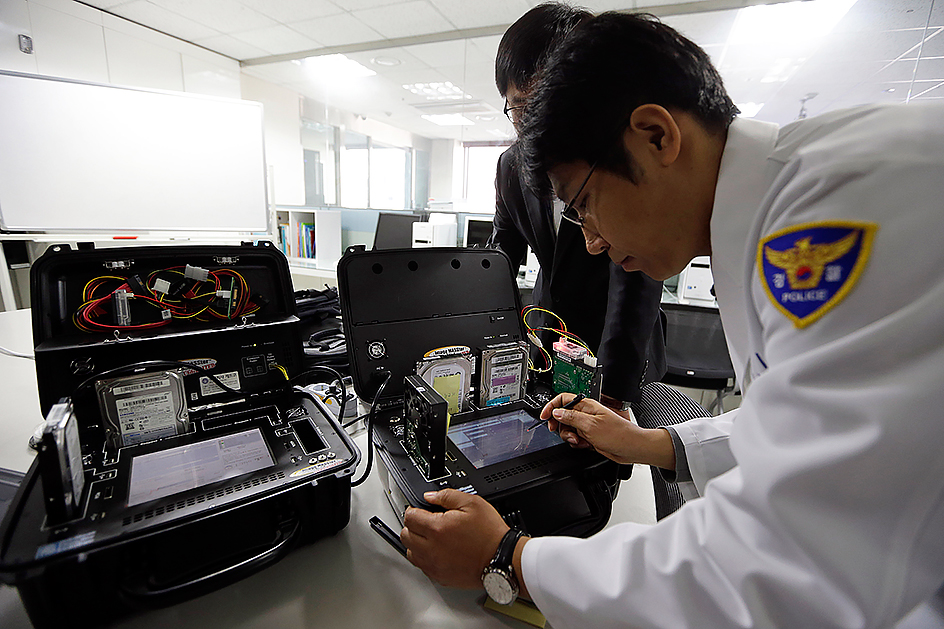Hacking generally refers to the manipulation of a computer program, device, or system in a way unintended by its creator or owner. People often use the term hacking to refer to certain types of criminal activity. Such activity involves “breaking into” computers or systems by defeating electronic security measures. Criminal hackers may manipulate computers and systems in selfish or harmful ways. But not all hacking is illegal or harmful. Some hackers are driven by curiosity or a passion for solving puzzles. They may use their skills to identify and help fix security flaws. Still others hack for ideological reasons, believing in open access to information.

Malicious criminal hackers are often called crackers or black hats. Some hack for personal gain. For example, a criminal hacker may steal financial information from banking computers. Others may seek to damage the computer networks of businesses or organizations. Hackers considered white hats, by contrast, hack for more benign reasons. They may hack to identify security flaws and help improve computer security.
Hacking activity may be classified by the technology involved. Phreaking, for example, refers to hacking telephone systems. Wardriving involves hacking wireless computer networks.
In a broader sense, the term hacking can mean modifying anything for an unintended use. In this sense, a hacker might modify a robotic vacuum cleaner to act as an automated sentry (guard). Similarly, a hacker might build a novel piece of furniture by rearranging the parts of prefabricated furniture kits. This kind of hacking shares a strong connection with traditional tinkering.
